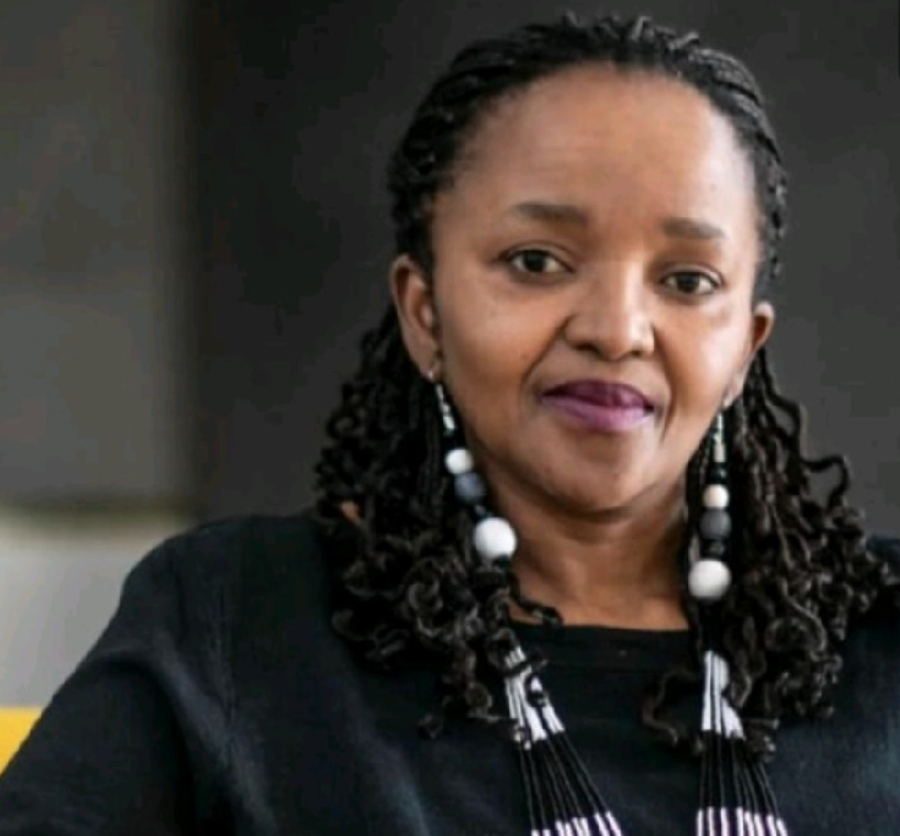Psychosocial Support for Survivors
Conflict leaves no community member untouched. Without addressing its devastating effects on the mental health of women, men, and children, unhealthy trauma responses such as silence and resentment will fuel more violence that can easily last for generations. This is why at GIJTR, psychosocial support is built into every program we facilitate. Below are some related resources and projects.
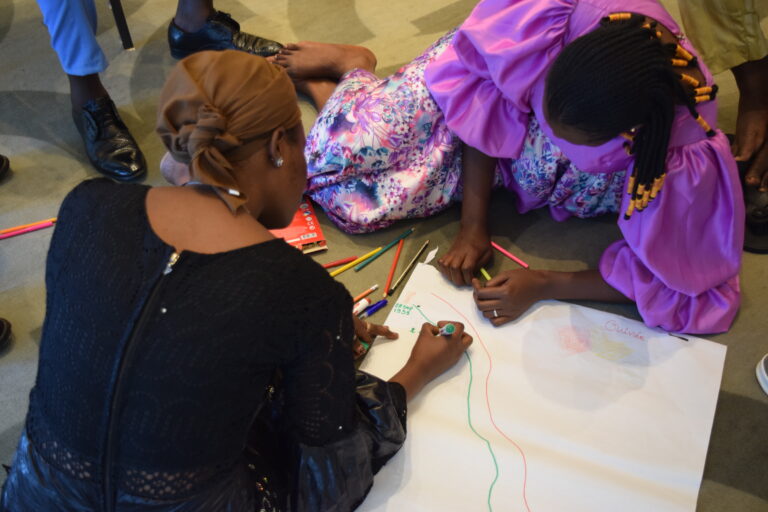
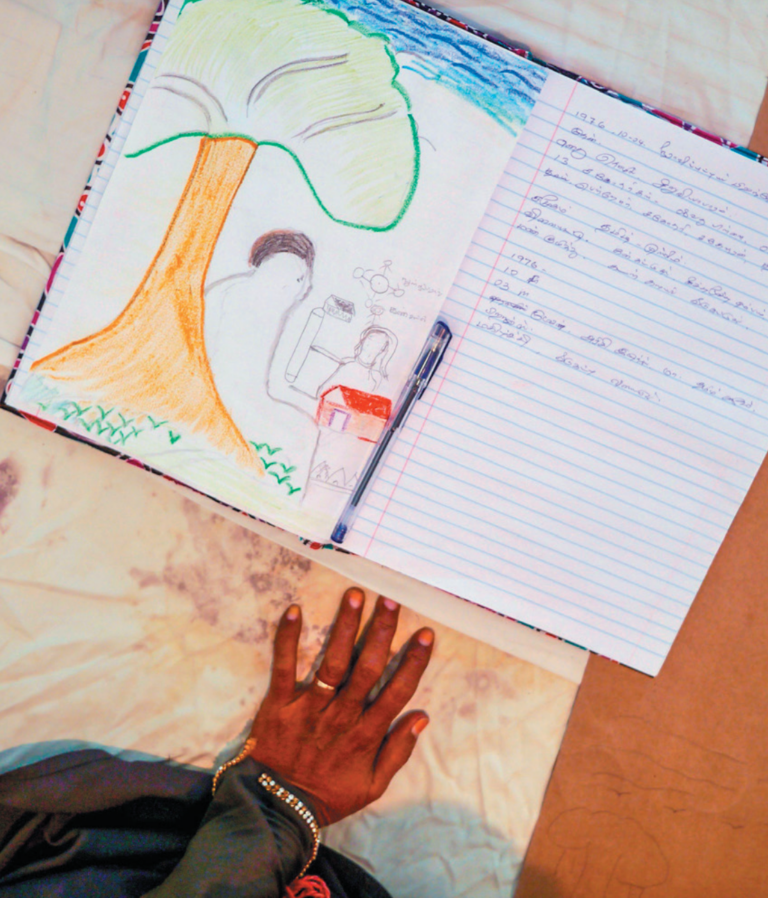
Since Russia’s full-scale invasion of Ukraine in February 2022, Russian and pro-Russian forces have committed legions of violations of international humanitarian law and acts that amount to war crimes, including widespread conflict-related sexual violence (CRSV). The timely and systematic documentation of atrocities is critical, both in terms of seeking accountability and countering Russian war propaganda. However, local Ukrainian civil society actors carrying out this work are under severe strain because of the devastating impact the conflict is having on their lives and well-being, and the added stress of having threats aimed at them as activists who are openly voicing their opposition to Russia’s occupation and engaging in on-the-ground documentation of abuses.
Responding to this pressing need, the Global Initiative for Justice, Truth, and Reconciliation has partnered with the International Partnership for Human Rights (IPHR), in consultation with Partners in Justice International (PJI), to mobilize international resources, expertise, and assistance to increase coordination between and build the capacity of civil society organizations (CSOs) in Ukraine to document, investigate, and seek accountability for Russian war crimes, with a special focus on CRSV. The project will complement and reinforce the documentation efforts of local CSOs, and ensure that atrocities are investigated in a comprehensive and holistic fashion in accordance with international standards. It will also build the capacity of CSOs to store evidence securely and to effectively feed into relevant accountability mechanisms at the national, regional, and international levels.
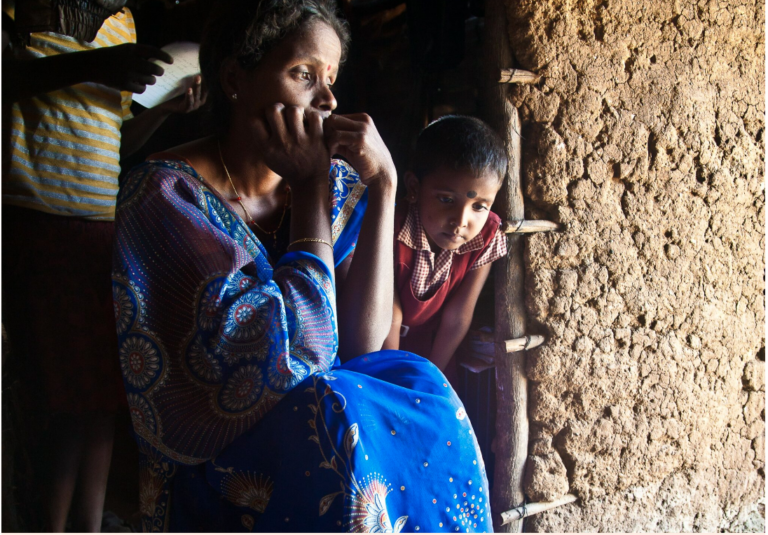
Providing Psychosocial Support for Survivors of Conflict
Based on GIJTR's work in Sri Lanka, this toolkit provides key information on topics that can be used to shape psychoeducation, awareness raising, and advocacy initiatives in multiple contexts. Specific tools shared include examples of exercises that can assist survivors of violence and conflict to reflect on their experiences and begin to process their trauma; advice for developing good counseling skills; and suggestions for training others on the basics of psychosocial support to increase the access to psychosocial support services.
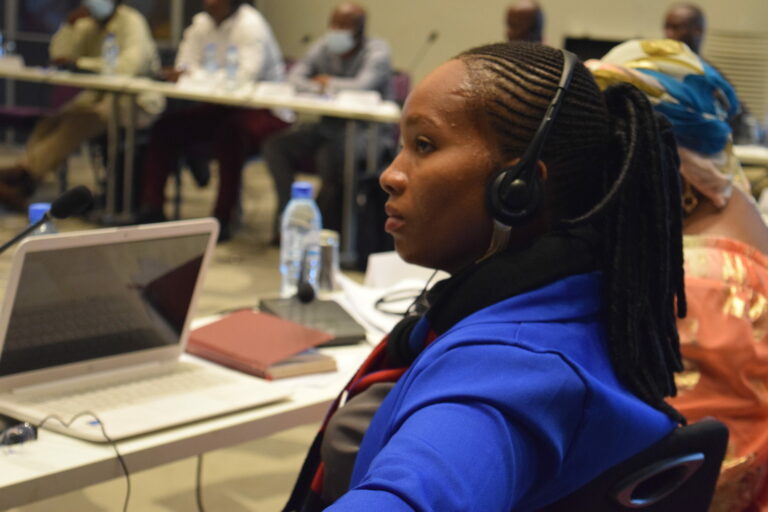
The Role of Psychosocial Support in Building Healthy, Resilient Communities in Africa
This brief examines how communities and societies in Africa are still dealing with the legacies of violent past atrocities such as colonialism, slavery, and attendant gross human rights violations and unresolved trauma related to wars. It proceeds to recommend solutions for how to offset these experiences and challenges, which so often lead to fragmentation, isolation, and mistrust within families, communities, and societies, which in turn makes rebuilding peace and social cohesion difficult and protracted violence more likely.
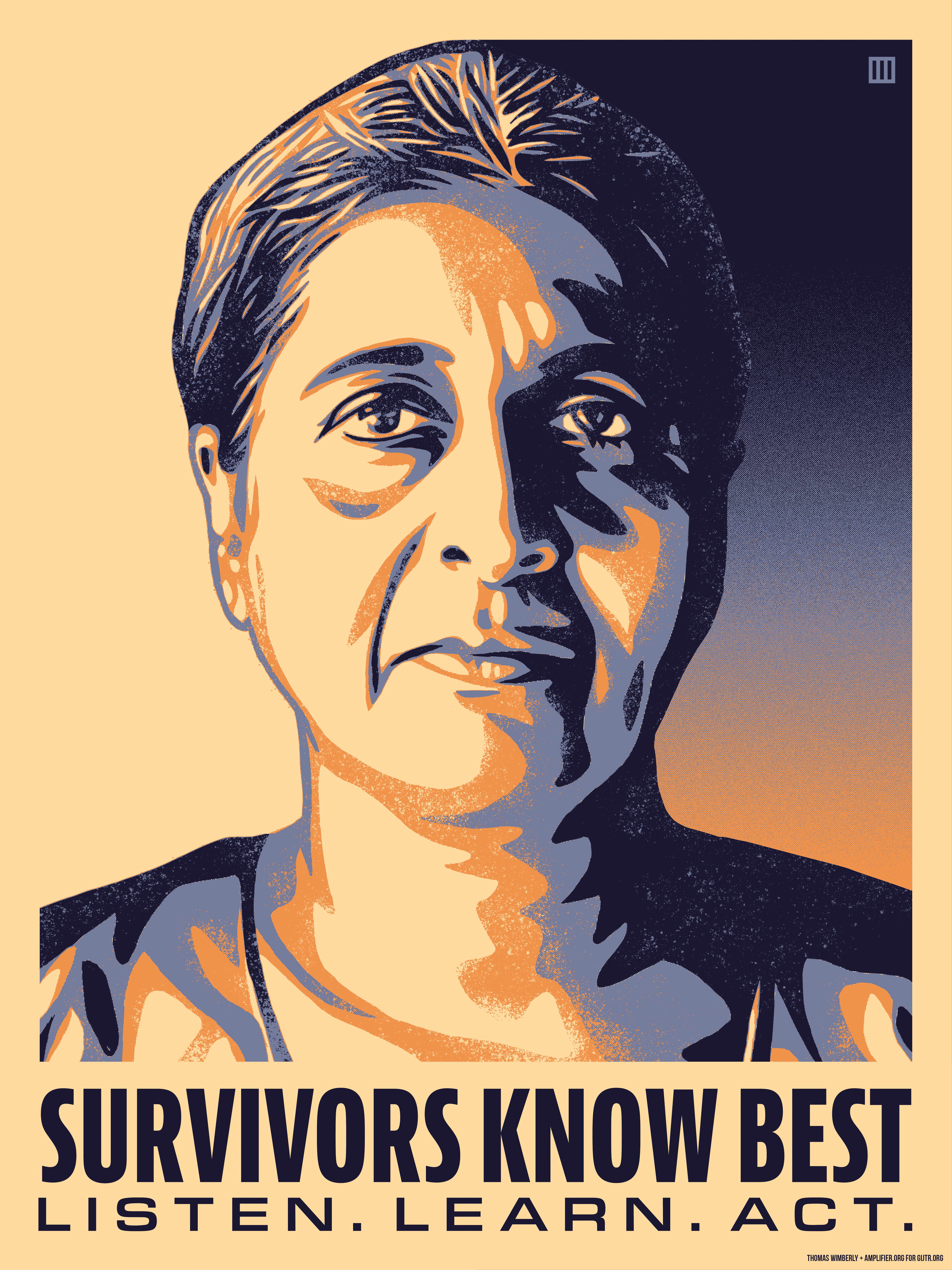
Advocacy Campaign
The Global Initiative for Justice, Truth, and Reconciliation recently partnered with Amplifier, a nonprofit design lab that brings together artists and activists, to launch an advocacy campaign to assist communities around the world that are in or emerging from conflict by fostering reconciliation through the stories of survivors. With help from three artists, Camila Rosa, Thomas Wimberly, and Nurul Yaquin, the campaign consists of over 20 free, downloadable images in six languages. The images are based upon six primary themes – Listening to Survivors; Truth and Justice; Peace and Non-Recurrence; Memory and Reconciliation; the Missing and Disappeared; and Women’s Rights – and feature fictional people and symbols representing communities from Africa, Asia, Latin America, and the Middle East.

